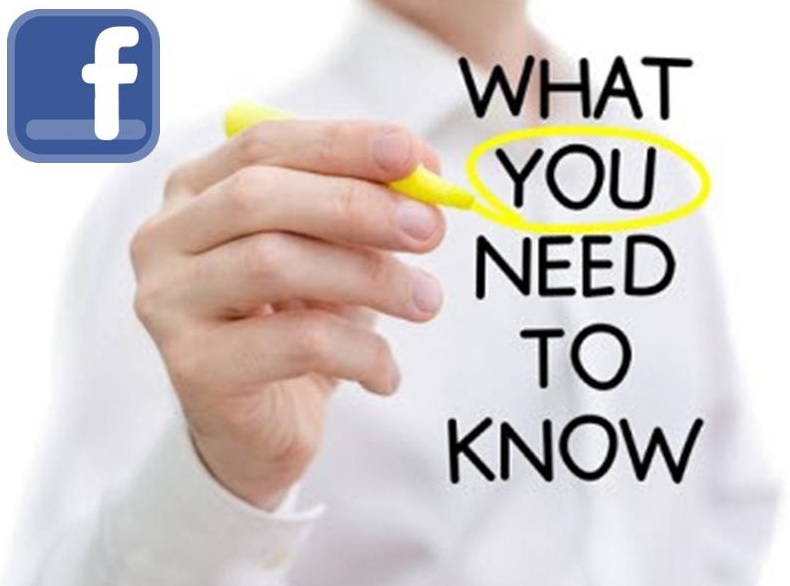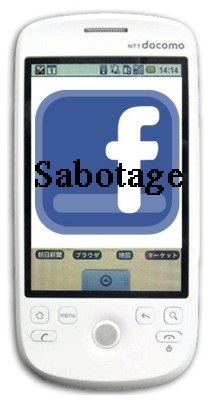Alternatives to the original are including sad, love, and angry to help users express themselves.
The like button on Facebook is an iconic part of online culture, but it is not without its limitations in allowing people who are using the social network to be able to properly express what they think.
For this reason, Facebook has been researching and testing alternatives to that option for quite some time.
Now, in about a half dozen countries, options beyond the like button have been tested out, in order to give users more options to more accurately say what they want to express. Among those options will be “angry”, “haha” as well as three others. They will first become available to the United States as well as the rest of the globe. That said, it’s important to note that it will not change the traditional option to “like” something someone has shared.
The new feature being added beyond the like button will be the Facebook “Reactions”.
 The reason is that there are many circumstances in which people would like to be able to provide a different kind of reaction or support, in which the word “like” simply does not seem appropriate. For example, if someone has announced that they’ve lost a loved one or a pet has run away, clicking the thumbs up symbol can feel like an unpleasant thing to do, even if the intention is to show support at such a difficult time.
The reason is that there are many circumstances in which people would like to be able to provide a different kind of reaction or support, in which the word “like” simply does not seem appropriate. For example, if someone has announced that they’ve lost a loved one or a pet has run away, clicking the thumbs up symbol can feel like an unpleasant thing to do, even if the intention is to show support at such a difficult time.
Similarly, when someone shares a story about being wronged by someone else, you may want to show that you’ve read their post and you’re on their side, but clicking “like” just isn’t a direct reflection of what is actually being expressed.
Therefore, there is now an option rolling out that allows the like button to be held (or to have the mouse held over it) for a second or two, in order to open up the new Reactions alternatives, such as sad, angry, wow, haha, and love. This, according to the product design director at Facebook, Julie Zhuo, will make it possible to let users gain “greater control over their expressivity.”

 Within the report, it said that “artificial errors” were deliberately introduced into the smartphone application which would cause it to crash “for hours at a time.” It claimed that the reason the test was being conducted was in order to “prepar[e] for the eventuality that it leaves the Google Play app store.”
Within the report, it said that “artificial errors” were deliberately introduced into the smartphone application which would cause it to crash “for hours at a time.” It claimed that the reason the test was being conducted was in order to “prepar[e] for the eventuality that it leaves the Google Play app store.”